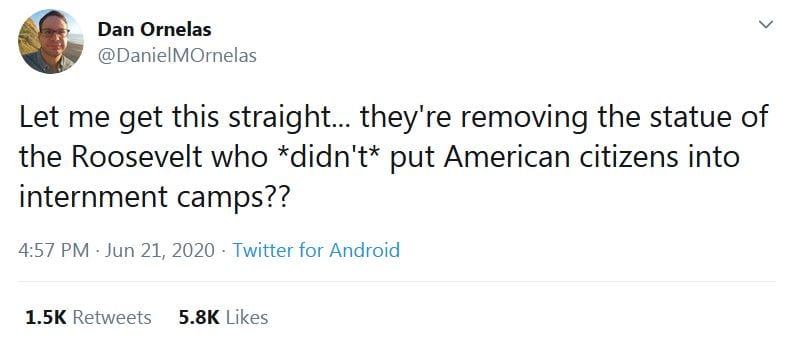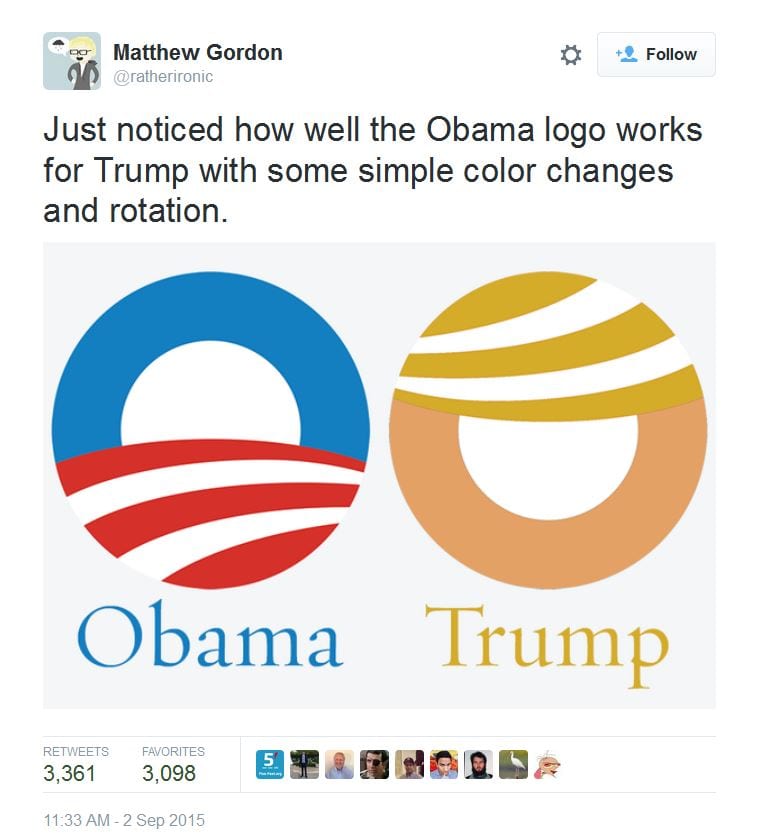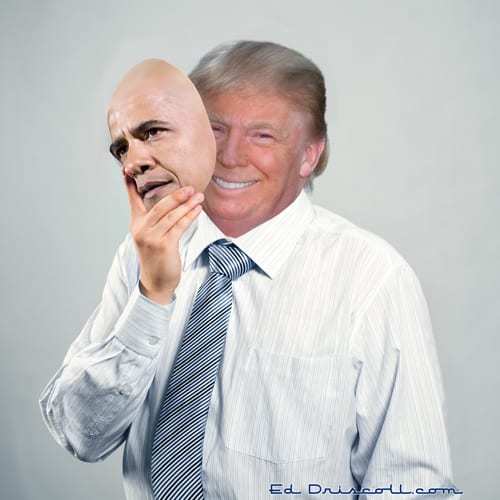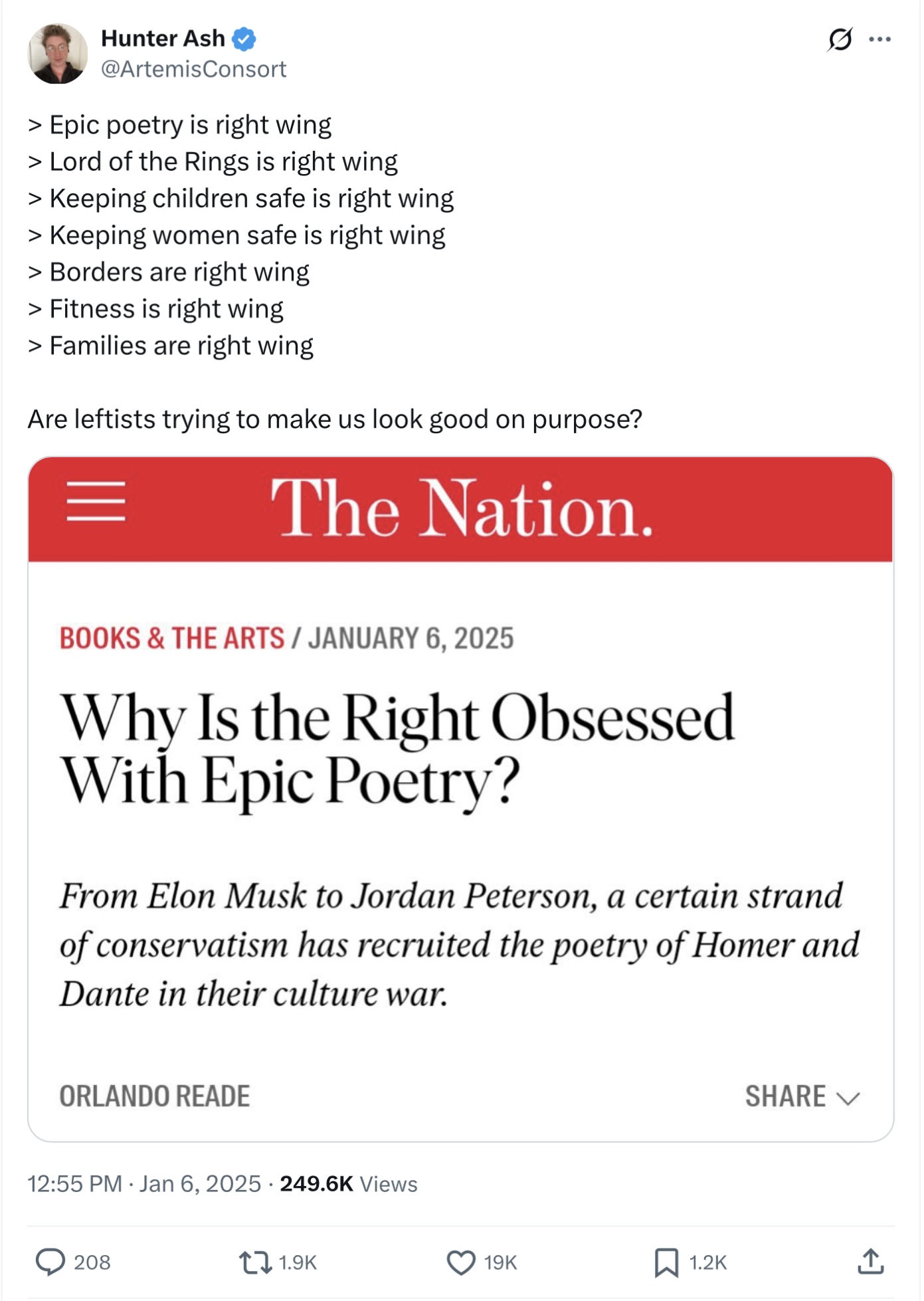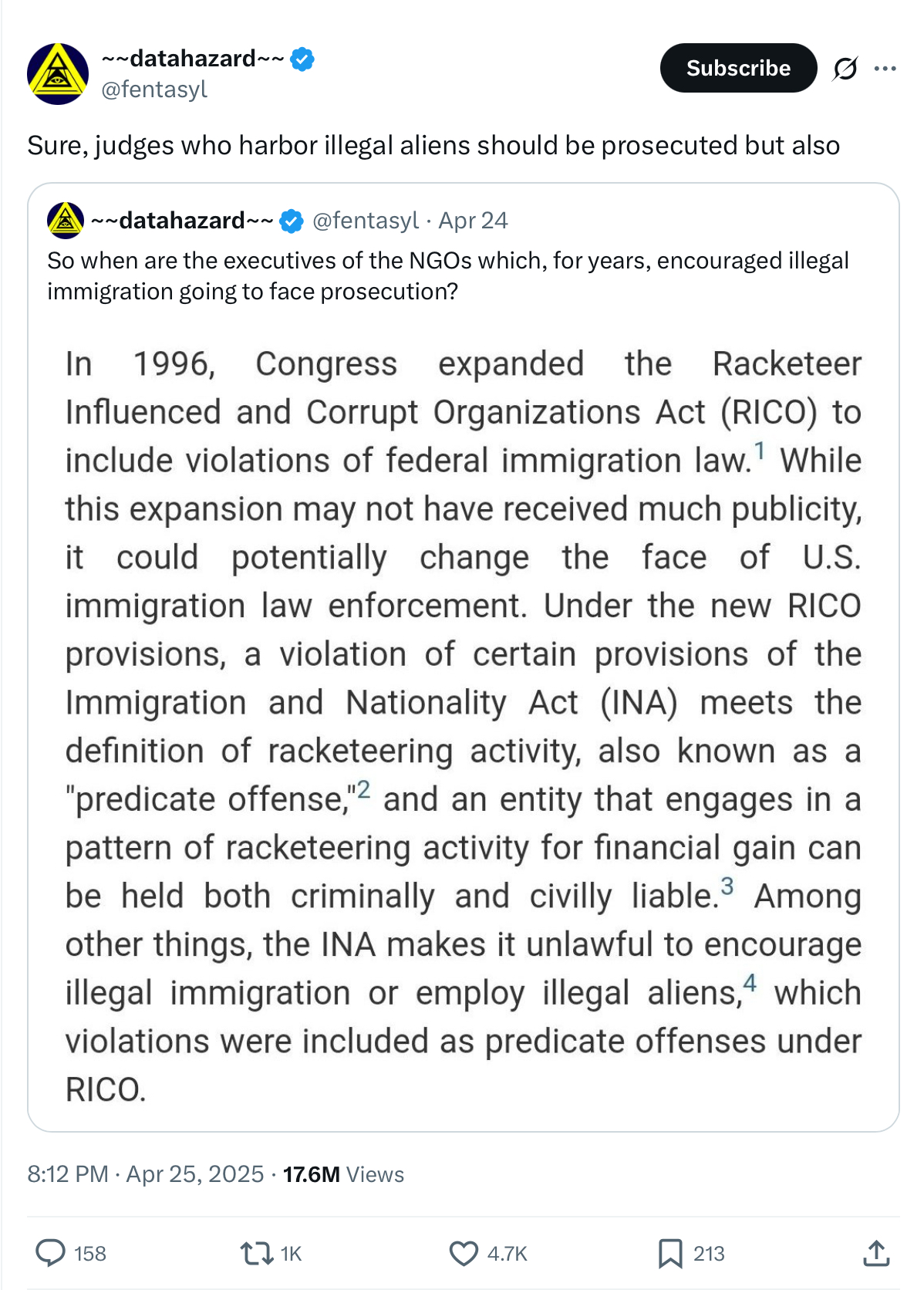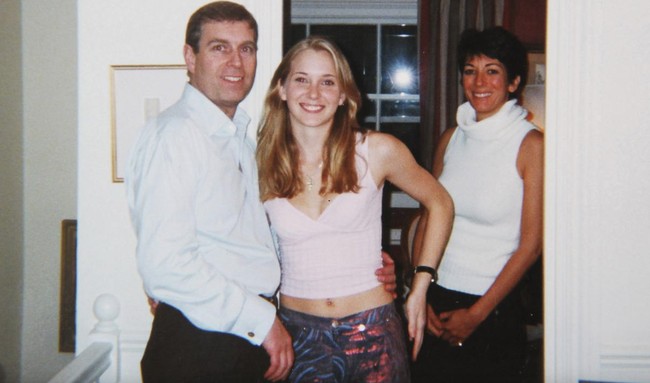PURE HOSS: Theodore Roosevelt Championed Individual Virtue And Adventure.
Roosevelt’s politics and political thought are bounded by the twin principles of promise and performance. For individual and country alike, promise is bound to an understanding of civilization and virtue. The educated, civilized individual has a duty to engage in public service for the advancement of society toward greater development of its civilized life. This requires individual virtue, or character, as Roosevelt would often refer to it, and the premier virtue was courage. It is courage that inspires the individual to throw his hat in the ring to do his duty, and which supports him through the challenges that such public service presents. Likewise, the country is also to fulfill its duty in the service of civilization or else suffer the justifiable and deserved reprobation of those countries made of sterner stuff. The country, like the individual, brings to its task the fruits of its ancestry. The race characteristics, as Roosevelt termed them, of any country, are of great importance to its effort to fulfill its duty and to shoulder its share of worldly burdens. The dissolute individual and country will both face the prospect of losing ground absolutely as well as in relation to those that strenuously pursue their duty to civilization.
Roosevelt believed that the United States of his time was abundantly endowed with the attributes of promise: an energetic, free, and virtuous citizenry dedicated to noble Anglo-Saxon ideals and principles. Fulfillment of its promise, however, required prudence in selecting the means through which the country could perform at a level commensurate with its promise. Domestically, the country had to maintain, if not improve, its level of virtue, which required opposition to political tendencies toward either utopianism or plutocracy. Roosevelt consistently pursued policies intended to improve education and virtue while at the same time restricting anarchist and socialist pursuit of utopian ideals, and regulating the plutocratic influences of wealth and big business.
Teddy was the definitive Great Man of history. So it wasn’t much of a surprise that the eunuchs of the 2020-era left wanted to cancel him and tear down his statues: Adieu, Teddy Roosevelt.
I think it is a pity that the Traveling Racism Outrage Mob (TROM) has it in for Teddy Roosevelt. I agree with President Trump who, when he heard the news, tweeted “Ridiculous, don’t do it!” Quite right. For one thing, TROM could learn some useful life lessons from Teddy Roosevelt. Although there is much in his progressive politics with which I disagree, I greatly admire him for his character and determination. A sickly boy, plagued by asthma, he nonetheless devoted himself to the “strenuous life” and achieved great things. Above all, he did not whine.
That is one thing our professional anti-racists and identity-politics ideologues — especially feminists — could learn with profit: stop whining about how unfair life is to you and do something to improve your lot. You would thus make everyone around you happier, and you would be happier yourself.
Teddy Roosevelt also had a deep social-political message that our generation, especially paid-up members of TROM, should rediscover. “The one absolutely certain way of bringing this nation to ruin,’ he wrote in his autobiography, ‘would be to permit it to become a tangle of squabbling nationalities.”
He was thinking of the habit of calling recent immigrants Italian-American or Irish-Americans or German-Americans. He was dead set against this practice of coining “hyphenated Americans.” He would not have been surprised to discover that the lowly hyphen was a potent weapon in the divisive armory of multiculturalism and identity politics. When we speak of an African-American or Mexican-American or Asian-American these days, the aim is not descriptive but deconstructive. There is a polemical edge to it, a provocation. The hyphen does not mean “American, but hailing at some point in the past from someplace else.” It means “only provisionally American: my allegiance is divided at best.”
And of course, no “Progressive” journalist ever confronted Hillary Clinton about her longtime allegiance to the man the Year Zero far left attempted to toss down the memory hole in 202o-2021:
● Shot: “I think that Teddy Roosevelt was a great American.”
—Hillary Clinton in a May 1, 2008 interview with Bill O’Reilly.
● Double-Shot: “It’s time to take a page from Teddy Roosevelt’s book and get our economy working for Americans again. That’s what I’ll do as president.”
—Hillary, as quoted in an October 28, 2015 Dow Jones Marketwatch.com article titled “Hillary Clinton wants to be Teddy Roosevelt.”
● Hangover:
